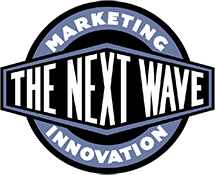Everyday we see ads that try to sell us on a products FAB (Features, Advantages and Benefits). Maybe what we should be concentrating on is telling people what other people prefer? In fact, a UCLA professor did a study and dramatically changed the outcomes by a changing the message to be “inclusive” more than “exclusive.”
Noah Goldstein has a Ph.D. in social psychology. He teaches at the prestigious Anderson School of Management at UCLA and tosses around esoteric terms like “injunctive norm.” But today he’s talking hotel towels.
Noah Goldstein: There are these signs in hotels that ask people to reuse their towels to help save the environment.
That’s the standard environmental appeal. The Ph.D.s thought they could do better.
Goldstein: A second one that we created specifically informed guests that the majority of others did reuse their towels sometime during their stay.
The result of that message? Twenty-six percent more recycling. And when Goldstein and his colleagues tweaked the sign further to say the majority of guests in that particular room had re-used their dirty towels, recycling improved 33 percent. Goldstein says it’s an adaptive, herd-like response.
Even though “average” means a majority of people, 95% of people will tell you they are above average- and when people are given a choice between trusting professional reviewer or someone they don’t know who they think is just like them- we’re seeing a movement to trusting the “untrained joe.”
Social media, which connects people in even more random ways than was previously possible is driving this change in consumer behavior.
So next time you are looking at ad copy, think about the power of the herd so you can be heard.
